FAQS
Frequently Asked Questions
Exempt Market Offering – Ontario |Question and Answer Sheet
A Mortgage Investment Corporation (MIC) is a specialized tax-efficient investment vehicle under Canadian law, designed to allow investors to participate in the mortgage market. Formed under the Business Corporations Act and meeting specific criteria of the Canada Income Tax Act, a MIC allows income to flow directly to investors without being taxed at the corporate level, ensuring efficient tax treatment.
MICs lend funds for private mortgages on Canadian real estate, providing a unique opportunity for smaller, non-institutional investors to access and benefit from the mortgage market.
Mortgage Investment Corporations (MICs) lend to individuals who meet strict credit criteria but may not qualify for traditional mortgages from banks, credit unions, or large alternative lenders. Common reasons include the need for shorter terms, more detailed due diligence, or financing for second homes or recreational properties. This gap allows MICs to charge higher interest rates, providing investors with returns of 7.5% to 8% after management fees, which are typically between 1.5% and 2%, lower than mutual funds and similar investment vehicles.
MICs are limited to investing in real estate that meets criteria set by Revenue Canada, and the sector has historically experienced very low loan losses, making it a safe, secure investment when managed by experienced mortgage administrators. The key to success lies in strong mortgage origination and collection processes, rather than complex investor management. Unlike sub-prime or defaulted mortgages, MICs invest in creditworthy homeowners with specific needs that traditional lenders may overlook.
This allows investors to earn higher returns with a conservative risk profile, as all investments are backed by legally secured real estate in Canada. Although the real estate must be Canadian, the property owners do not need to be Canadian residents.
Investors in Mortgage Investment Corporations (MICs) acquire shares in a business corporation governed by either federal or provincial Business Corporations Acts, offering strong investor protection. While the types of shares vary, many MICs issue non-voting (or limited-vote) shares to investors. These shares grant voting rights on matters specific to their class, ensuring that other shareholders cannot alter the shares’ attributes without a two-thirds majority vote from that class, providing additional security to investors.
The voting shares, typically held by management, allow for streamlined governance. Shareholders benefit from a designated hurdle rate, ensuring that after expenses—usually 1.5-2%—are covered, the remaining income is distributed to shareholders. Any revenue above the hurdle rate is often shared among shareholders when available.
MICs primarily hold interest-only mortgages, with principal repayment due at maturity. During the term, the corporation generates revenue from interest and fees, ensuring that fees and expenses are paid from income rather than returned principal, offering a consistent income stream to investors.
Silver Fund focuses primarily on investing in 1st and 2nd residential mortgages, with a portion of its portfolio allocated to commercial, mixed-use, and land real estate.
The principals behind Silver Fund have extensive experience in the mortgage origination business and have cultivated a consistent pipeline of mortgage opportunities to support the investment model. Their ongoing operations in mortgage brokerage and administration provide a steady flow of mortgages that meet Silver Fund’s strict credit criteria, ensuring the sustainability and growth of the portfolio
